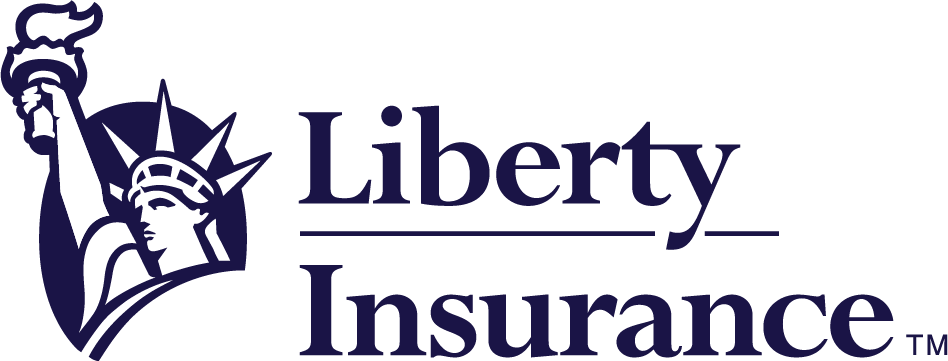
Tesla Blog Post 04 (EN)_node 214

Guide to Charging Your Tesla in Hong Kong
One aspect to consider when purchasing an electric car is the availability of charging stations.
According to the Roadmap on Popularisation of Electric Vehicles published on March 17 2021 by the Hong Kong Government, there are 3,351 electric vehicle (EV) chargers in Hong Kong. Out of that total, 19% or 643 are quick chargers. With plenty of EV chargers scattered across the 18 districts, one can always find a charging station for their Tesla within a 10km radius. This distance will only improve with the government’s commitment to promoting EV usage in Hong Kong. In their Roadmap on Popularisation of Electric Vehicles, the government aims to have at least 155,000 EV charging points by 2025, targeting 150,000 for private buildings and 5,000 for public spaces.
The chargers in Hong Kong vary between level 1, level 2, and level 3. These three levels of chargers differ in terms of their charging speed. While a standard (level 1) charger can take up to 40 hours to fully charge a vehicle, a medium (level 2) charger can do it in eight hours. More impressively, DC Fast Charging (level 3) chargers can fully charge an electric car within 2 hours. In the past few years, the Environmental Protection Department has been progressively upgrading standard chargers to medium chargers to improve Hong Kong’s overall charging efficiency.
Tesla Charging Stations in Hong Kong
To meet their customers’ needs, some car companies offer designated charging stations. Tesla, for example, has Tesla Supercharger stations. Charging costs at all stations in Hong Kong are calculated by kilowatt-hour at approximately HK$3.10 per kWh. Exact charging prices vary depending on a number of factors including:
- Location
- Configuration
- Battery age and condition
- Driving style and operation
- Environmental and climate conditions
In terms of charging efficiency, with V3 Supercharging, a Tesla 3 Long Range operating at peak efficiency can recover up to 120km of charge in just five minutes. As of June 15th 2021, there are 34 Tesla supercharger stations conveniently set up throughout Hong Kong, with five more opening by the end of 2021.
Tesla Home Charger Installation
Besides the public Tesla charging stations, one can also charge their vehicle in private buildings. Through the government’s EV-charging at Home Subsidy Scheme, existing private residential buildings can apply for financial and technical assistance in installing EV charging-enabling infrastructures in their car parks. Although the subsidy does not include the actual EV charger installation, the EV charging-enabling infrastructure will help to facilitate more private EV chargers within the next few years.
Owners who prefer a charging system that is specifically for Teslas can consider installing a Tesla home charger, also known as a Tesla wall connector. The benefit of using Tesla wall connectors as a home charging solution is its convenience and fast charging speed. It can be installed inside an indoor garage or at outdoor car parking spots. The adaptability and customisable power levels ranging from 3.5 to 22kW allow you to accommodate your Tesla home charger to your needs and what your residential or office building can support.
If you are thinking of installing your own home charging equipment, first request a quote from Tesla’s network of local independent electricians. Remember that the quote should include details such as the power level, distance of cable run, additional electrical system upgrades if necessary, and applicable permit and inspection. Depending on the power supply, utility connection, and transformers, the charging speed can vary.
Safety Features
In terms of safety, Tesla cars undergo stringent regulations to make them as safe as possible. Each car is fortified with a range of safety features that protect the driver and their passengers. For example, the potential risk of overcharging is addressed and overcome using advanced phase-change materials, circuit breakers, and separators. These absorb heat and isolate the battery during charging. As long as the Tesla wall connector is set up correctly, charging your Tesla is very safe.
Liberty Insurance offers a Charger Liability Protection as part of their comprehensive coverage for motor cars. As Tesla’s insurance partner in Hong Kong, Liberty Insurance leverages Tesla’s expert knowledge to make sure that any needs and concerns about driving a Tesla are addressed. The Charger Liability Protection extension of our mileage-based insurance program, InsureMyTesla, covers replacement costs of the Private Electric Charger, accidents caused by the direct usage of a Designated Charger, and Third-party property damage, death, or bodily injury arising from an Accident caused by or due to the direct usage of a Designated Charger or a Private Electric Charger by Tesla.
Between the growing EV charging capacity and Tesla insurance programs in Hong Kong like InsureMyTesla, owners can drive safely and know that their charging needs are covered. For more information about InsureMyTesla, contact us today.
* The information shown is intended as a general summary only. Refer to the policy for full details of the coverage. Liberty Insurance reserves the right to amend any part of the coverages by posting changes to https://www.libertyinsurance.com.hk/insuremytesla
Sources:
https://www.enb.gov.hk/sites/default/files/pdf/EV_roadmap_eng.pdf
https://www.epd.gov.hk/epd/english/environmentinhk/air/prob_solutions/promotion_ev.html
https://www.tesla.com/en_HK/supercharger
https://www.tesla.com/en_HK/findus/list/superchargers/Hong+Kong+S.A.R.%2C+China
https://www.evhomecharging.gov.hk/en
https://www.tesla.com/en_HK/support/home-charging-installation
https://www.tesla.com/en_HK/support/find-electrician
https://www.tesla.com/en_HK/VehicleSafetyReport?redirect=no
https://www.autocarpro.in/analysis-report/analysis-how-safe-are-electric-cars-78464

